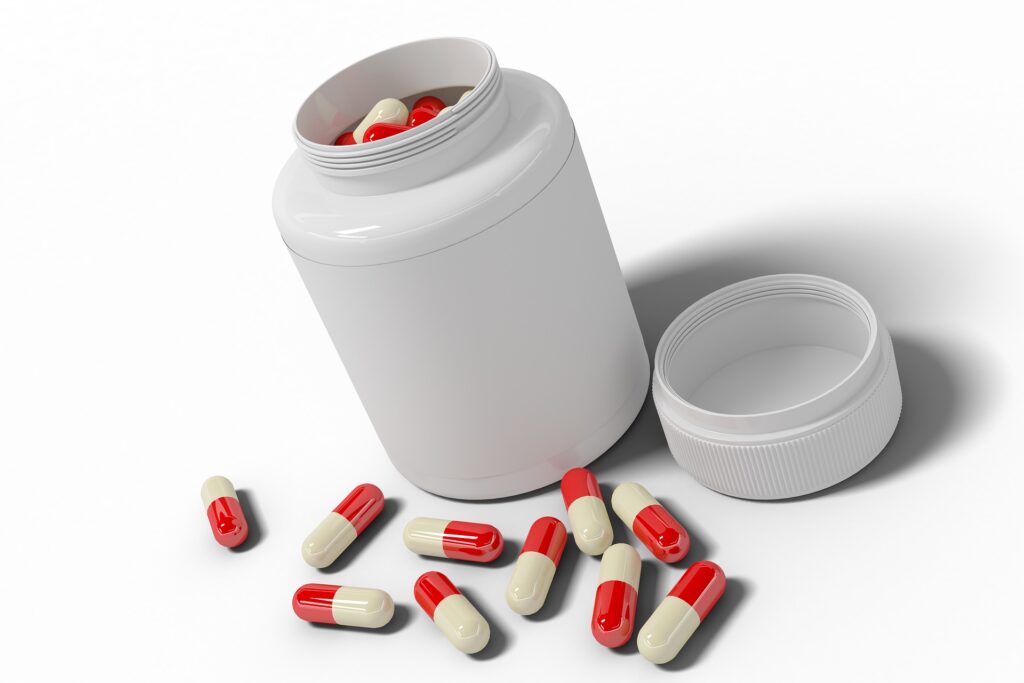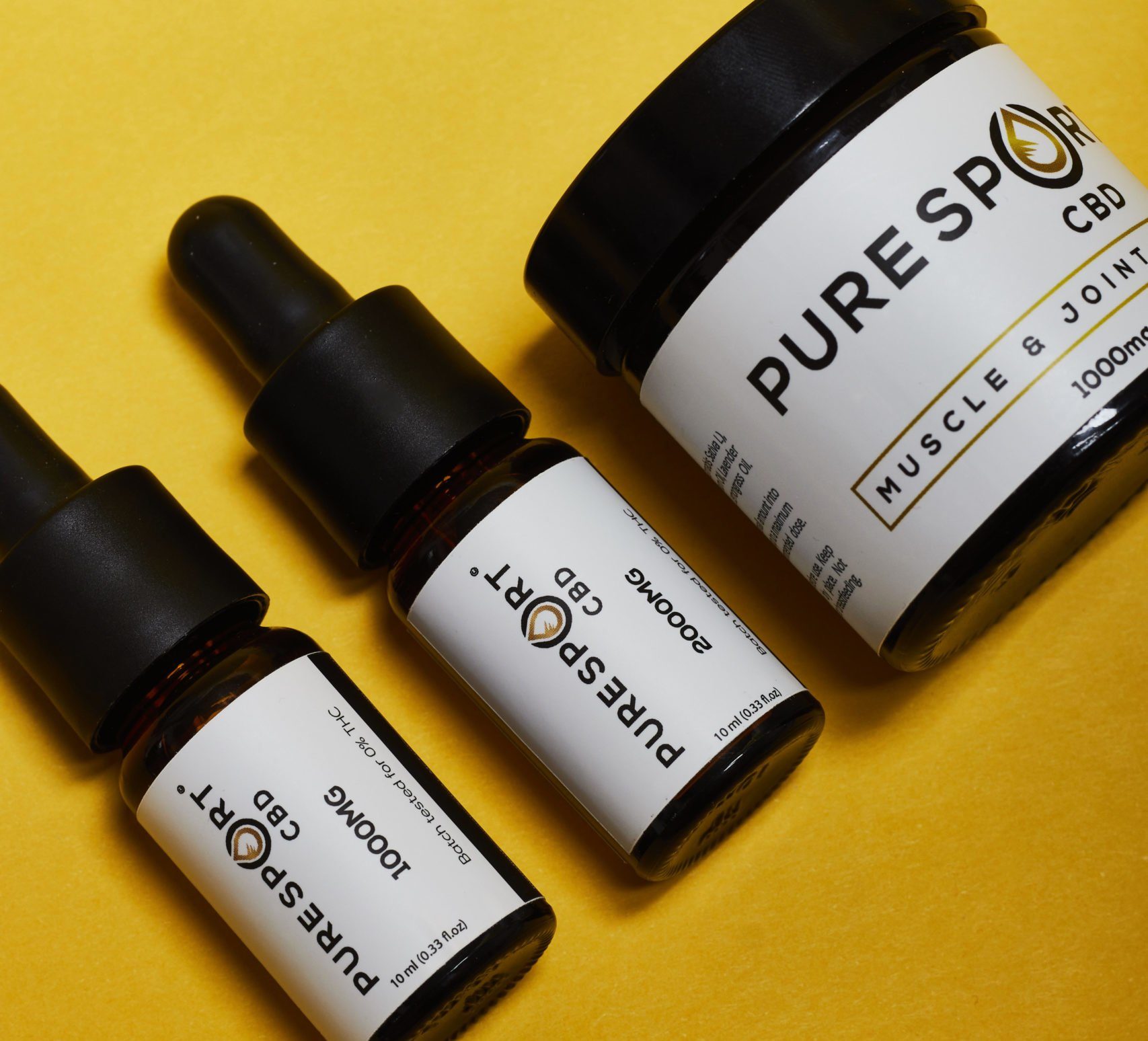Last Updated on January 23, 2023 by Jamie
What are Nootropics?
Whether you are a student wanting to excel in exams, an adult with a hectic routine, or a retired elderly with nothing to do, having a healthy and sharp brain can benefit you anyhow. From processing information to carrying out daily activities, it is the core organ of the body and, therefore, should be taken proper care of. And that is where Nootropics come in.
The term Nootropics is used to represent chemicals or substances that can boost the brain’s performance and cognition. Nootropics are substances that can have a positive and enhancing effect on the capacity and performance of the human brain. They are also referred to as “Smart Drugs” and “Cognition Enhancers.”
Nootropics can be of two types; Prescription and Non-Prescription or Over-the-counter Nootropics. Prescription Nootropics are those classified by FDA as medicines to treat health conditions. These nootropics have proven to be very effective in treating symptoms of ADHD, Narcolepsy, Alzheimer’s, etc.
The other category is of Non-Prescription Nootropics. As the name indicates, these are not legally recognised as medications. And their primary function is to improve the performance of your brain. These nootropics also positively affect memory, attention span, focus, and learning ability. Some examples of Non-Prescription Nootropics are creatine and caffeine. While these nootropics can’t treat a disease, they can help prevent its occurrence by promoting overall health.
What’s All the Hype about? Are they worth it?

In this hyper-competitive world, everyone wants to succeed and take the edge. And, honestly, what could be more convenient to do this than by popping a pill to get that much-coveted brain boost? That is why most people start taking nootropics at some point in their life. These smart pills are convenient to use and, most of the time, are free from side effects, increasing their efficacy.
Therefore, the popularity of nootropics has increased rapidly in recent years, and for all good reasons. Here are a few of the many reasons why nootropics are worth the hype.
- They boost mental energy by increasing the brain’s supply of oxygen and nutrients. This energy boost turbo energises your brain and gets it ready for the day.
- They can improve mental endurance, flexibility and focus to help you with your day-to-day tasks.
- They balance mood swings and anxiety symptoms by regulating brain waves and the responsible chemicals.
- They facilitate the signalling of the impulses and are responsible for improving memory regardless of age.
- Sleep deprivation can lead to weight gain, poor concentration, and cardiovascular disease risk. These supplements can prevent all these conditions by promoting high-quality, restorative sleep.
- The adaptogens found in Nootropics help your body fight stress by scavenging harmful free radicals responsible for it. Nootropics also replenish brain chemicals associated with relaxation.
Types of Nootropics:
1. Prescription Nootropics:
Doctors usually recommend Prescription Nootropics for treating conditions like narcolepsy, ADHD, and dementia. Most of the time, these nootropics act as stimulants, like amphetamine, for instance, and are used to alleviate the symptoms and improve the quality of a patient’s life.
These are some of the popular prescription nootropics:
- Modafinil, a drug that is intended to deal with drowsiness and narcolepsy
- Adderall is a stimulant that contains amphetamine. It is used to treat symptoms of ADHD
- Ritalin, or Methylphenidate, is a nootropic that is employed to control the effects of ADHD and narcolepsy
- Axura, or memantine, is a substance that is used for treating the symptoms of Alzheimer’s disease
However, it is important to keep in mind that prescription nootropics should not be used without the recommendation of a physician or doctor.
2. Non-Prescription or Over-the-Counter Nootropics:
These are the nootropics that are all within the synthetic as well as natural supplements category.
As mentioned above, non-prescription nootropics are used to improve mental capacities and don’t require a prescription to buy them. These can include both natural as well as synthetic supplements. Some of the common ones are:
- Caffeine: Caffeine is a stimulating substance found in beverages like coffee and tea. It can help with fatigue, brain fog and other problems. However, you should consume it within the recommended dose since it can be harmful in larger quantities.
- L-theanine: L-theanine is an amino acid found in some mushrooms and green and black tea. It improves the rate of Alpha waves in one’s mind, leading to a more comfy and relaxed state of mind. And works best when used in conjunction with caffeine.
- Omega-3 Fatty Acids are another popular nootropic substance which is beneficial for the mind. These acids are derived from fish oil and fat and are essential for improving and maintaining the brain’s health. These fatty acids are also crucial for the brain’s cells as they play a prominent role in repairing and regenerating the brain cells. In addition, omega-3 fatty acids also assist in the formation of a protective myelin sheet of nerve cells.
- Racetams are compounds that are manufactured synthetically. They work by influencing the neurotransmitters found in the brain. This category contains pramiracetam, aniracetam, phenylpiracetam, and piracetam. However, it is necessary to take the advice of a health physician before taking these supplements since they don’t come with detailed dosage guidelines.
- Ginkgo Biloba is a tree indigenous to the regions of Japan, Korea, and China. The leaves of this tree are widely used for their many health benefits, such as improving the brain’s functioning.
- Panax Ginseng usually grows in areas within China and certain parts of Siberia. It is a shrub that grows perennially, and its roots are utilised for several medicinal endeavours. Panax Ginseng differs from American ginseng, which has various uses. Panax Ginseng is touted to be effective for treating problems with Alzheimer’s, Parkinson’s, and Huntington’s diseases.
- Rhodiola, also called roseroot, is an OTC nootropic used to improve cognition abilities. Some researchers also claim that it can effectively control and treat neurodegenerative diseases.
- Creatine is another amino acid that is a famous supplement amongst sportsmen and athletes for its performance-enhancing abilities. It can also aid in improving memory and focus.
Types of Nootropics and their Benefits:
Caffeine
Want to wake up your mind? If so, caffeine certainly got your back. Caffeine helps reduce fatigue and can make you more active. It does this by inhibiting the sleep-promoting chemicals of your body. Research shows that taking about 40 to 300 mg of caffeine can help fight fatigue and increase alertness and focus.
L-Theanine
L-Theanine is widely used for its mind-calming and relaxing effects. It does this by increasing serotonin, GABA, and dopamine levels, or the “feel-good” chemicals, which are responsible for resulting sleep, memory, and other cognition aspects. Many people use L-theanine with caffeine for more pronounced effects.
Creatine
Creatine is an amino acid that can significantly enhance memory and reasoning skills. This nootropic is ideal for those who feel depressed or overly stressed. And according to research, taking 5gms creatine per day can help alleviate the symptoms of these mental illnesses.
Bacopa Monnieri
Bacopa Monnieri is a herb that has been used since ancient times to boost the brain’s functioning capacity. It is quite effective in improving memory and processing information. However, consistent use is required to achieve the desired results.
Rhodiola Rosea
Rhodiola Rosea is an adaptogenic herb that allows your body to acclimate more readily to stressful situations, reducing stress symptoms. It is also a stimulant that can mitigate mental exhaustion and fatigue.
Panax Ginseng
This ancient medicinal herb has been widely employed for its brain-boosting nature. It can also strengthen the mind’s ability to tackle challenging situations and demanding mental tasks like tricky mathematics equations and so on.
Ginkgo Biloba
Gingko Biloba is great for increasing mental functioning and can help cope with stressful conditions more effectively. This nootropic can also positively influence memory retention time and help people suffering from dementia.
Nicotine
Nicotine is a nootropic found in numerous plants, Tobacco being the major one of them. You can consume nicotine in the form of gum or through a nicotine patch. It is used for optimising alertness, focus, and concentration and is beneficial for people with ADHD. Nicotine has also been found to be effective in facilitating motor functions; however, not enough research has been done yet to verify this claim.
Noopept
Noopept is a nootropic manufactured synthetically and can show its effects in a matter of minutes. This fast-acting supplement can boost memory by elevating the level of BDNF (Brain-derived neurotrophic factor) in the human body. And it is also responsible for promoting the regeneration of brain cells and improving the overall brain health by fastening the healing process.
Piracetam
This is another synthetic nootropic that is similar to Noopept in terms of structure and action. It is used to deal with memory-related issues in middle-aged and younger people.
Phenotropil
Phenotropil, also called phenylpiracetam, is a synthetic nootropic that can help with epilepsy, trauma, stroke and other health-related issues.
Modafinil
Modafinil or Provigil is a prescription nootropic employed mainly by people suffering from narcolepsy. It stimulates the central nervous system and reduces drowsiness. And like the former options, it can also increase the brain’s performance.
Adderall
Adderall is an amphetamine that falls under the category of prescription nootropics. It is the drug of choice for ADHD, narcolepsy, and Alzheimer’s patients. It can also improve memory functions, raise awareness and focus, and control hunger pangs.
Ritalin
Ritalin, also known as Methylphenidate, is a nootropic used for controlling the onset and symptoms of narcolepsy and ADHD. Ritalin can also help improve the speed at which your brain processes information and short-term memory.
How to find Good Nootropics Supplements:
Now that you know the importance of these smart pills, you might also want to try them. But, with hundreds and thousands of available options, choosing the right nootropic for your needs can be challenging.
This is why we have listed some of the important factors that you should definitely look into before choosing a nootropic supplement.
Brand:
It is essential to go for a trusted brand that maintains high standards and strict checking when it comes to manufacturing nootropics. The Certificate of Analysis (CoA) is a great way to check the quality and effectiveness of a brand’s nootropic supplements.
Quality Maintenance and Assurance:
Nootropics that meet the highest quality assurance and maintenance standards are the ones you should be looking for. It is advisable always to consult a dietician or doctor since they know all the brands and the quality of their products.
Verified Products:
Only purchase those supplements that have been verified and certified by the competent authorities.
Go for products that are passed through strict inspection and triple-batch testing to provide you with an all-natural and safe product.
Additional Ingredients:
Some supplements claim to contain certain degrees of “Inactive” ingredients. These include magnesium stearate, cellulose, rice flour, silica, titanium dioxide, etc. And the greater the number of these additional ingredients, the less reliable our nootropic becomes. That is because the best nootropic supplements are the ones that contain no additional ingredients.
Conclusion
Nootropics are indeed a magical ingredient that can boost both mind and body. We hope our article helps you select your next nootropic supplement.
But if you are still unsure about which nootropic to pick, do your research and consult your health physician for further advice.








